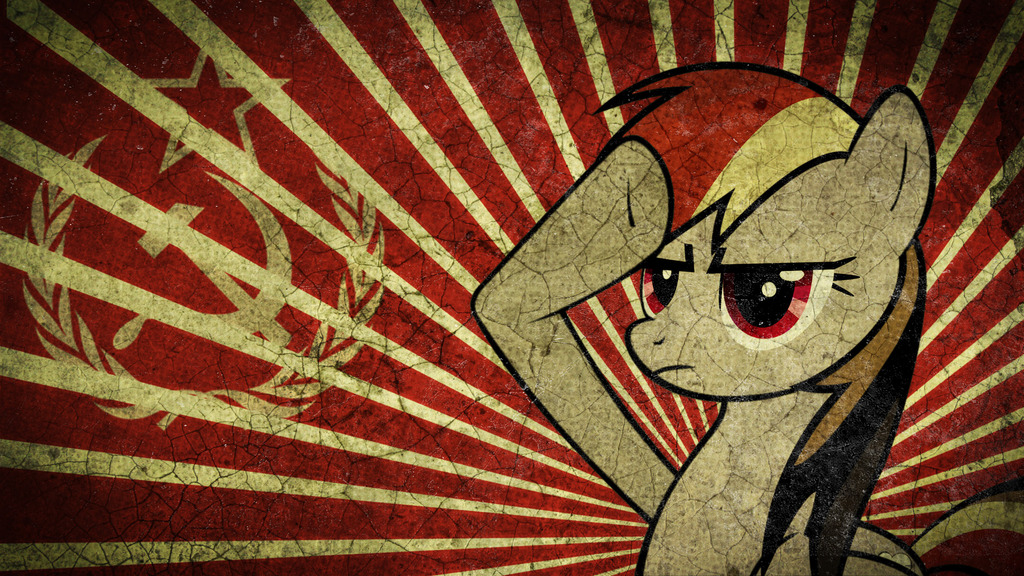Here I am, asking pretty much the same question again, only a year later. I ask again because conditions have changed a lot even in as little as a year. BRICS is becoming more powerful, state enterprises are becoming stronger in Russia, the USSR remains a positive memory to the majority of Russians and Belarusians. What are your thoughts and predictions?
I’ll try not to ask the same question again to prevent from annoying yall.


what do you mean by sort of socialist?
I was going to give you a study, but you’re not going to read that; I only read the intro myself. I’d say, search the grad because you’ll have better answers than me riddling something off the top of my head.
https://www.scienceopen.com/hosted-document?doi=10.13169/worlrevipoliecon.11.4.0428
Read this one for a change